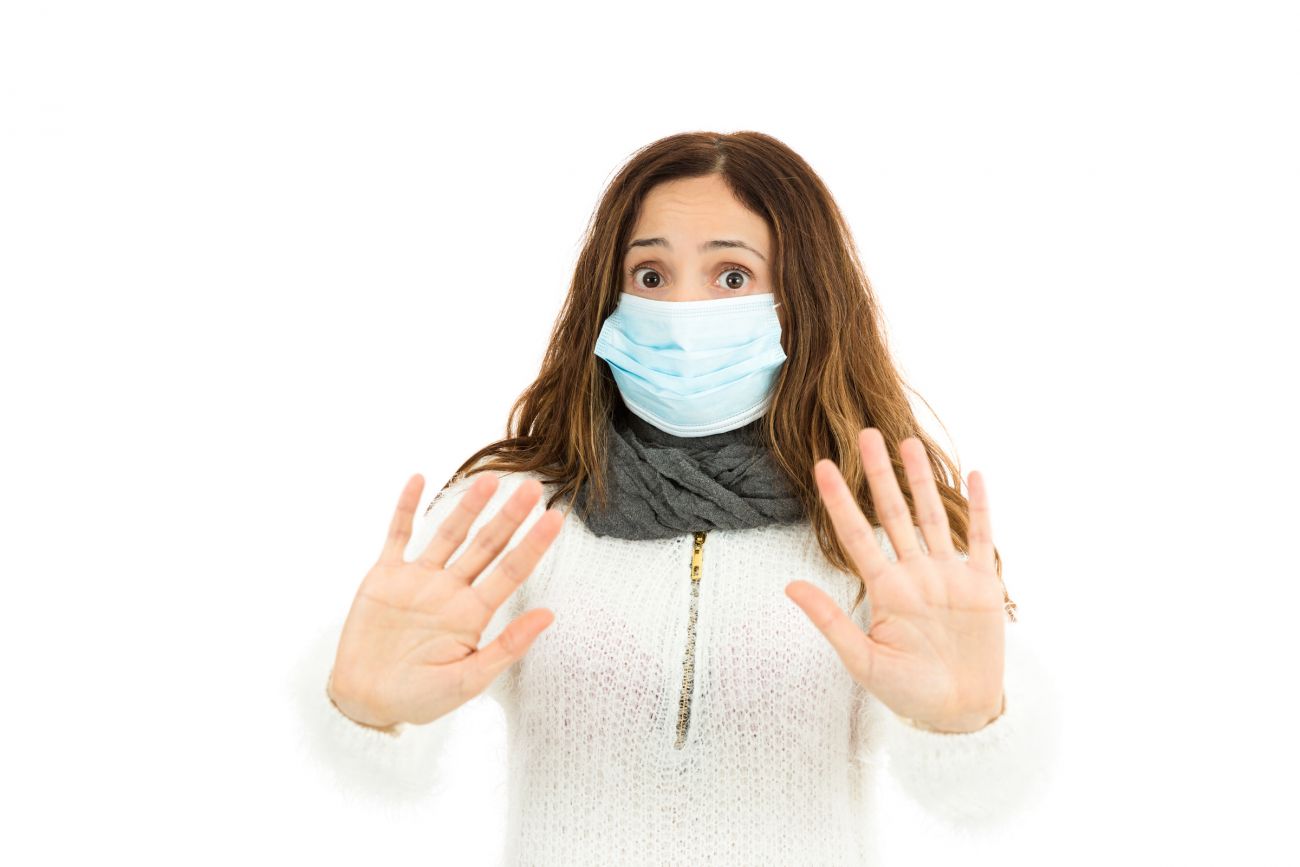Cancer is a very common disease. In 2018, nearly 2 million new cases will be diagnosed in the United States alone. Chances are that you or someone you know has already been diagnosed with cancer.
A cancer diagnosis inspires many questions, and in a search for answers, patients and family members often stumble on misleading or inaccurate information that raises even more questions. For example, can cancer be transmitted from one person to another? Can a healthy person catch cancer from someone else? Is cancer contagious through blood, such as through blood donations or sharing needles? Is cancer a communicable disease?
Never miss another Cancer Talk blog!
Sign up to receive our monthly Cancer Talk e-newsletter.
Sign up!The short answer is no. “Cancer in itself is not contagious” says Tessa Faye Flores, MD, Assistant Professor of Oncology and Medical Director of Cancer Survivorship and Screening at Roswell Park Comprehensive Cancer Center. “A healthy person can’t catch cancer from someone else. But certain diseases that can be transmitted from person to person can increase the likelihood of cancer, which is probably where the misperception comes from.”
Although cancer itself is not contagious in humans (unlike in some species, like dogs), several viruses – some of which are very common – have been linked to cancer:
Human papillomavirus (HPV)
HPV is the most common sexually transmitted infection worldwide, with more than 600 million cases. There are more than 150 different types of HPV, and it is estimated that nearly everyone will be infected with some form of HPV at some point in their lifetime. Although no cure is currently available, the virus usually goes away on its own. Unfortunately, some strains of HPV can persist and cause cancers of the cervix, vagina, penis, anus, throat and mouth. An HPV vaccine, which was first introduced in 2006 for anyone 9 to 26 years of age, has reduced rates of HPV infection in the United States by more than 60%.
Hepatitis C
Hepatitis C is the most common blood-transmitted virus in the United States and the leading cause of liver cancer worldwide. This virus is spread through contact with infected needles (for example, as a result of intravenous drug use). If left untreated, hepatitis C infection can lead to serious liver damage, including cirrhosis and primary liver cancer. Fortunately, a simple blood test can detect hepatitis C, and currently available treatments are both safe and effective.
Epstein-Barr virus (EBV)
EBV is a type of herpes virus that causes mononucleosis (or “mono”). EBV can be transmitted orally through kissing, coughing, sneezing, or sharing food and drinks. Although most people who are infected with EBV will recover and experience no further issues, the virus has been linked nasopharyngeal cancer (cancer of the back of the nose), certain lymphomas (such as Burkitt lymphoma and Hodgkin lymphoma), and stomach cancer.
The only possible way that cancer could spread from one person to another would be if an organ or tissue from a donor with cancer were transplanted into another person. The risk of transplant-related cancer is extremely low, as anyone with a history of cancer is generally not considered for such donations. Blood banks also do not accept blood from cancer patients, even though there is no evidence that cancer can be transmitted by blood transfusion.
The idea that cancer is contagious is a myth that you can safely ignore.



